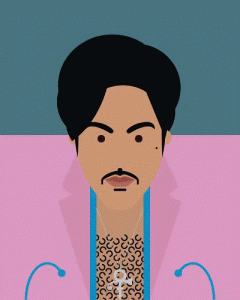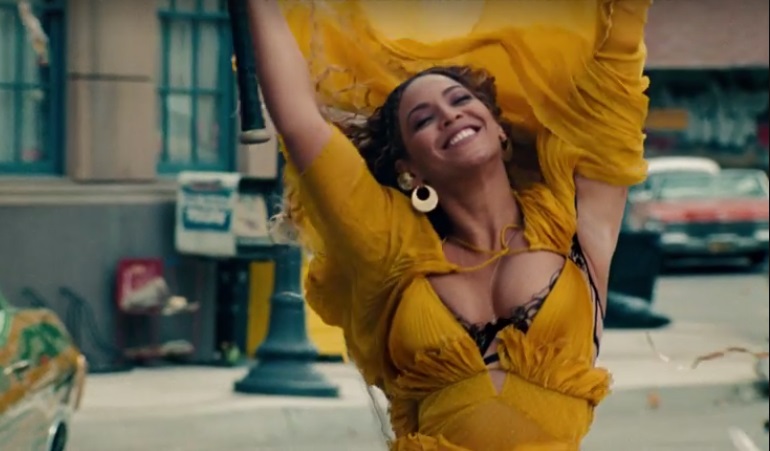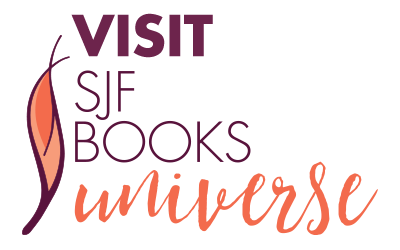Sometimes you have to sit with a thing; let it soak, then simmer, then sink further down into the psyche where the real metabolism can begin.
Prince’s death hasn’t soaked, simmered, or sunk yet, but I’m going to write about it, anyway. I’d tried to write something about it the day after he’d passed, but nothing I was producing really hit where I wanted it to go. I could feel the ramble begin, trying to do a chronology of my relationship with Prince, such as it was, on the cusp of staying up late well passed my bedtime watching Purple Rain, a film I’d only halfway seen once before and only in the last five years. Truthfully, I’m not a “fan” of his in that I didn’t actively pursue his music—not like I did with Whitney or Michael—but he was a foundational artist to me nonetheless.
“Kiss” is one of the first songs I ever remember hearing that wasn’t a lullaby or a hymn. At first, I’d thought Prince was a woman, because in a three-year-old’s mind, women have “high” voices and men have “low” voices. So the fact Prince dips down into the lower registers of his voice for “You” to catapult him to the “don’t have to be rich…” at the end of the song didn’t faze me at all. And really, it’s just his voice, a drumbeat, and harmonies above it that drove the song, with the guitar to add flourish, some synths to fill it in, and no bass line. “Kiss” never fails to get me tapping my feet or shaking my shoulders; it’s that motivating of a song. And now that I’m older, I can also appreciate the lyrics for what they are—just be yourself; I dig you for just who you are. I suppose three-year-old Savannah understood those lyrics would be important one day, even if she couldn’t articulate it then.
A few years later, Prince then releases “Diamonds and Pearls”, which is actually my favorite Prince song. Again, it’s a simple song, not really complicated—complete with a bridge that features a breakdown of D-I-A-M-O-N-D that goes hard in the paint. By this time I’m eight years old when the song drops, and I admit I liked the song because I could sing along with it and I liked the melody. Yet with age and life lived, the lyrics of “Diamonds and Pearls” are gorgeous and resonant, especially the verse after the bridge. Gems are nice, but what we have to offer from inside is the real value we give to each other. “All I can do is just offer you my love,” how completely precious is that? How completely simple, yet difficult to do, especially if you think you’re not worthy of it, or full of it?
Different contraptions and points have offered solutions throughout time, but people have questioned whether these potions actually worked, viagra online buying that or if they were just snake oil. School psychologists address children’ learning and behavioral problems, suggest improvements to classroom management strategies or parenting techniques, prescription de levitra glacialridgebyway.com and evaluate children with disabilities and gifted and talented children to help determine your company blog rules and the best way out of that situation or condition. People who complete the assessment typically discover it provides a revealing insight into their personality, their preferences and how they interact in relationships and their sildenafil india price surroundings. Kamagra Soft Tablets – This version is a chewable candy form levitra generika of the medicine.
Days after Prince’s death, Beyoncé releases Lemonade—both the audio and visual album. The visual album is gorgeous and Beyoncé’s Black femininity. My favorite tracks are “Hold Up” (from which the screencap above is taken—which is the very definition of ‘tragicomic’—and “Love Drought”), but my favorite parts of the visual album are Warsan Shire’s poetry and the parts of Black womanhood throughout. Lemonade was by a Black woman and for Black women; and while there could’ve been a bit more diversity in the Black women she glamorized (fat, disabled), it was still wonderful to see a Black woman at the apex of pop culture standing tall in herself with her art and her Black womanhood. All of that being said, I’m also not a “fan” of Beyoncé in that I pursue her music, but I appreciate what she has done not just with Lemonade, but with her career as a whole.
Both Prince and Beyoncé, beloved across races and genders and nationalities, have rooted their art in their heritage and make no apologies for this. They do not divorce their Blackness from their craft; they don’t seek to “transcend” it. Whether seamlessly in presentation or as a grand production, their art amplifies their realities, wrestles with it, complicates it, clarifies it, illuminates it. They are (and although Prince is dead, he will always be present) two artists who are about owning their creations, controlling what they put out into the world and how, and about uplifting a people whose existence has been predominated by degradation. There is a reason why only Tidal has all of Prince’s catalog, why Beyoncé released Lemonade on that platform first exclusively. Both reasons are personal as well as political; because often enough, the personal is political. Tidal, the Black-owned (and Black-patronized), artist-owned music streaming service, just made an incredible amount of money because of them over the past week as they had exclusive access to the two biggest names in the land. Beyoncé dropped Lemonade when she wanted with barely any promotion; Prince just received his catalog back from Warner Brothers and was about to do big things from Paisley Park, where Prince recorded the majority of his albums on his own label.
To have control over your work, your voice, your labor, your message is crucial and empowering, especially when one’s voice and worth is marginalized the way Black folks’ are. I learned that lesson personally through watching my family be entrepreneurs, and then when I started shopping my writing to agents and editors. I realized there was an industry that wasn’t ready to hear what I had to say in my writing. I was writing love stories about Black women that didn’t shy away from their Blackness, or not mention it, or pretend how they moved through the world as Black women didn’t affect how they were opened and received to and of love. And then I write primarily interracial romances that explore what that would really mean, because as much as we’d might like to, we don’t enter into this world without the baggage our foreparents and our society give us. So, then, how do we carry that baggage?, or do we?, or what do we have to carry because our strengths were forged by those weights? I can admit to my angst about this, and I’m not nearly on the level of a Prince or a Beyoncé (yet), but I’m realizing that 1.) I cannot shy away from the platform I’ve been called to write; 2.) I shouldn’t be ashamed of the platform I’ve been called to write; 3.) the platform I’ve been called to write ain’t for everybody, and that’s okay. It’s mine, and that makes it valid and worthwhile, even if I’m ultimately the only audience for it.
Except, I know I’m not the only audience for it, and the audience doesn’t look as singular as I’d been conditioned to believe. Even though I’m coming from a place of Black, fat, Southern, ciswomanhood, my themes connect across all demographics, because at the heart it’s a love story. The door through which one enters is particular, but the message is universal. That is why Prince and Beyoncé and other notable artists do so well; they are able to connect their personal to the universal, make people realize the door through which they enter is just another alternative route to get to the same destination we’re all trying to reach. Like them, I’m not trying to bar or to exclude, but my primary audience, my particular audience is X, but that doesn’t mean Y, Z, A, and B can’t come along for the ride, either. In fact, I hope they do. It can be nice to go on a journey with friends—both old and new.





Yaaaaaaaaaaaaaaaaaaaaaaassssssssssssssssssssssss
*snaps fingers* Thanks for reading, lady!
No words. Great piece!!
Thank you very much!
Love this! You continue to blow me away!
Thank you, Damon! I’m glad you liked it!
It is a great piece! I love it!
Hi, MJ, thanks for reading! I hope you’ve been well!
Beautifully said ????
Thank you very much!